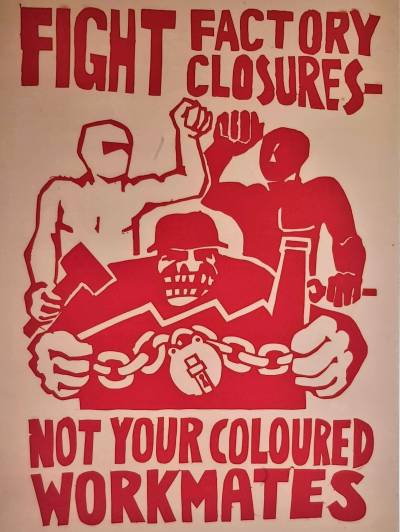Throughout the semester, we’ve talked a lot about how history repeats itself. 1968 was a year undoubtedly characterized by civil conflict and violence, with every piece of literature, plays, and movies we watched affirming that. The release of the Netflix movie The Trial of the Chicago Seven, just a couple of weeks ago, brought the feelings of pain and injustice of the Vietnam War back into the forefront of discussion in the media. The scenes in the movie made it very difficult to distinguish the summer of 68 from the summer of 2020.
This summer, we saw the mass mobilization of people in streets across the country and the world, protesting racial injustice and police brutality in support of the BLM movement. Violent stand-offs between law enforcement and citizens. A looming presidential election that caused a divide between Red and Blue supporters. And, amid the prospects of political and cultural change, an inescapable pandemic: tens of thousands of Americans dead. The summer of 2020 was an unprecedented and historic one. But it is undeniable how similar it seems to the summer of 1968, with the looming presidential election of Johnson and Nixon. Instead of the COVID-19 pandemic, the tragedy that cost American lives was not the Vietnam War. Racism was also central to the protests, with MLK Jr. just being assassinated.
The parallels between the two years, over fifty years apart, is remarkable. Patrick first drew the connection between the Vietnam War in 68 and the COVID pandemic in 2020 being similar during class, and at first, the two did not seem closely linked at all. However, upon seeing the Trial of the Chicago 7 movie, it makes more sense. The unjust deaths of American soldiers in the Vietnam War were the forefront of the protests, and with thousands of Americans dying due to the pandemic, I think is only time before people begin to protest how the American government has handled it. These are unjust deaths as well, as we see countries across the globe who have successfully been able to control the pandemic to minimize deaths.
This semester could not have been a better time to take this class.

